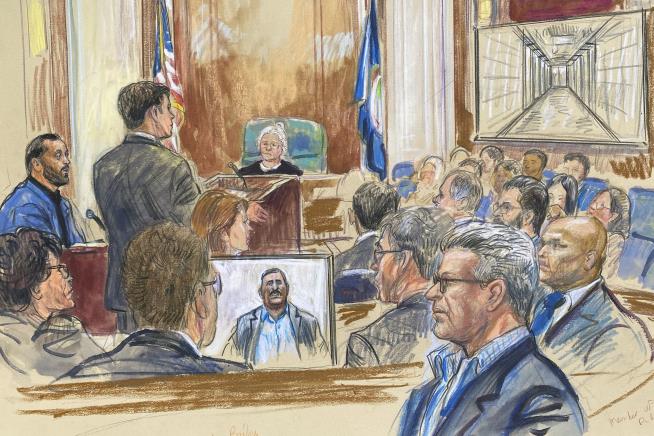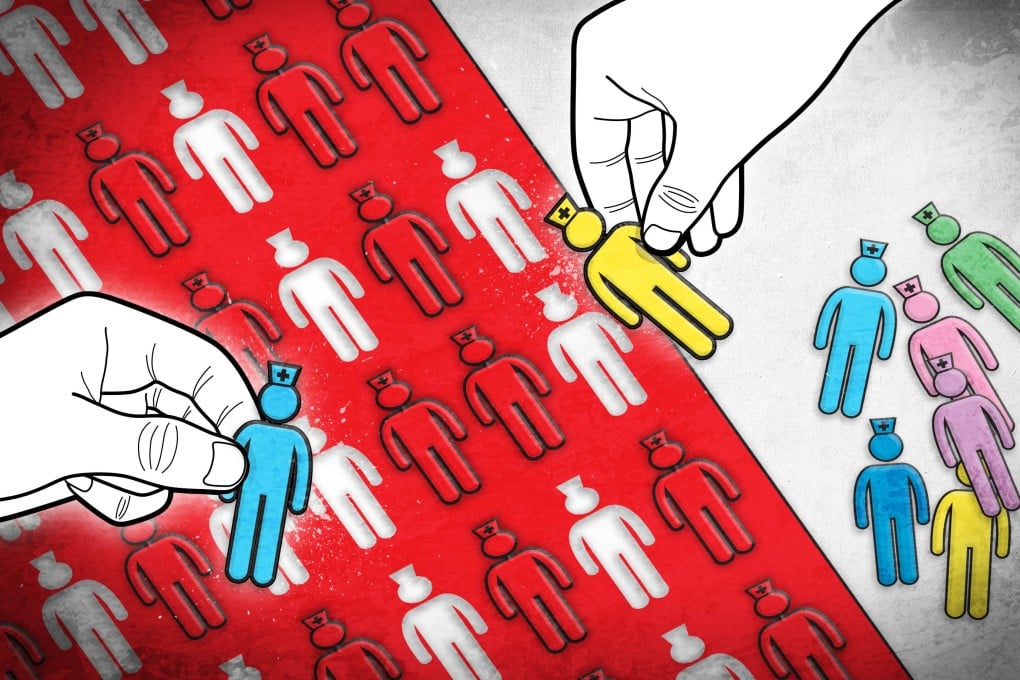
A US jury on Tuesday awarded $42 million to three former detainees of Iraq's notorious Abu Ghraib prison, holding a Virginia-based military contractor responsible for contributing to their torture and mistreatment two decades ago. The jury awarded plaintiffs Suhail Al Shimari, Salah Al-Ejaili, and Asa'ad Al-Zubae $3 million each in compensatory damages and $11 million each in punitive damages. The three testified that they were subjected to beatings, sexual abuse, forced nudity, and other cruel treatment at the prison.
The decision from the eight-person jury came after a different jury earlier this year on whether CACI should be held liable for the work of its civilian interrogators who worked alongside the US Army at Abu Ghraib in 2003 and 2004. The plaintiffs did not allege that CACI's interrogators explicitly inflicted the abuse themselves, but argued CACI was complicit because its interrogators conspired with military police to "soften up" detainees for questioning with harsh treatment. Baher Azmy, a lawyer for the Center for Constitutional Rights, which filed the lawsuit on the plaintiffs' behalf, called the verdict "an important measure of Justice and accountability" and praised the three plaintiffs for their resilience, "especially in the face of all the obstacles CACI threw their way.
" The $42 million fully matches the amount sought by the plaintiffs, Azmy said. "Today is a big day for me and for justice," Al-Ejaili, a journalist, said in a statement. "I've waited a long time for this day.
This victory isn't only for the three plaintiffs in this case against a corporation. This victory is a shining light for everyone who has been oppressed and a strong warning to any company or contractor practicing different forms of torture and abuse." The trial and subsequent retrial were the first time a US jury heard claims brought by Abu Ghraib survivors in the 20 years since photos of detainee mistreatment—accompanied by smiling US soldiers inflicting the abuse—shocked the world during the US occupation of Iraq.
" None of the three plaintiffs were in any of the notorious photos shown in news reports around the world, but they described treatment very similar to what was depicted. Al Shimari described sexual assaults and beatings during his two months at the prison. He also said he was electrically shocked and dragged around the prison by a rope tied around his neck.
Al-Ejaili said he was subjected to stress positions that caused him to vomit black liquid. He was also deprived of sleep, forced to wear women's underwear, and threatened with dogs. CACI, as one of its defenses, argued it shouldn't be liable for any misdeeds by its employees if they were under the control and direction of the Army under a legal principle known as the "borrowed servants" doctrine.
.














